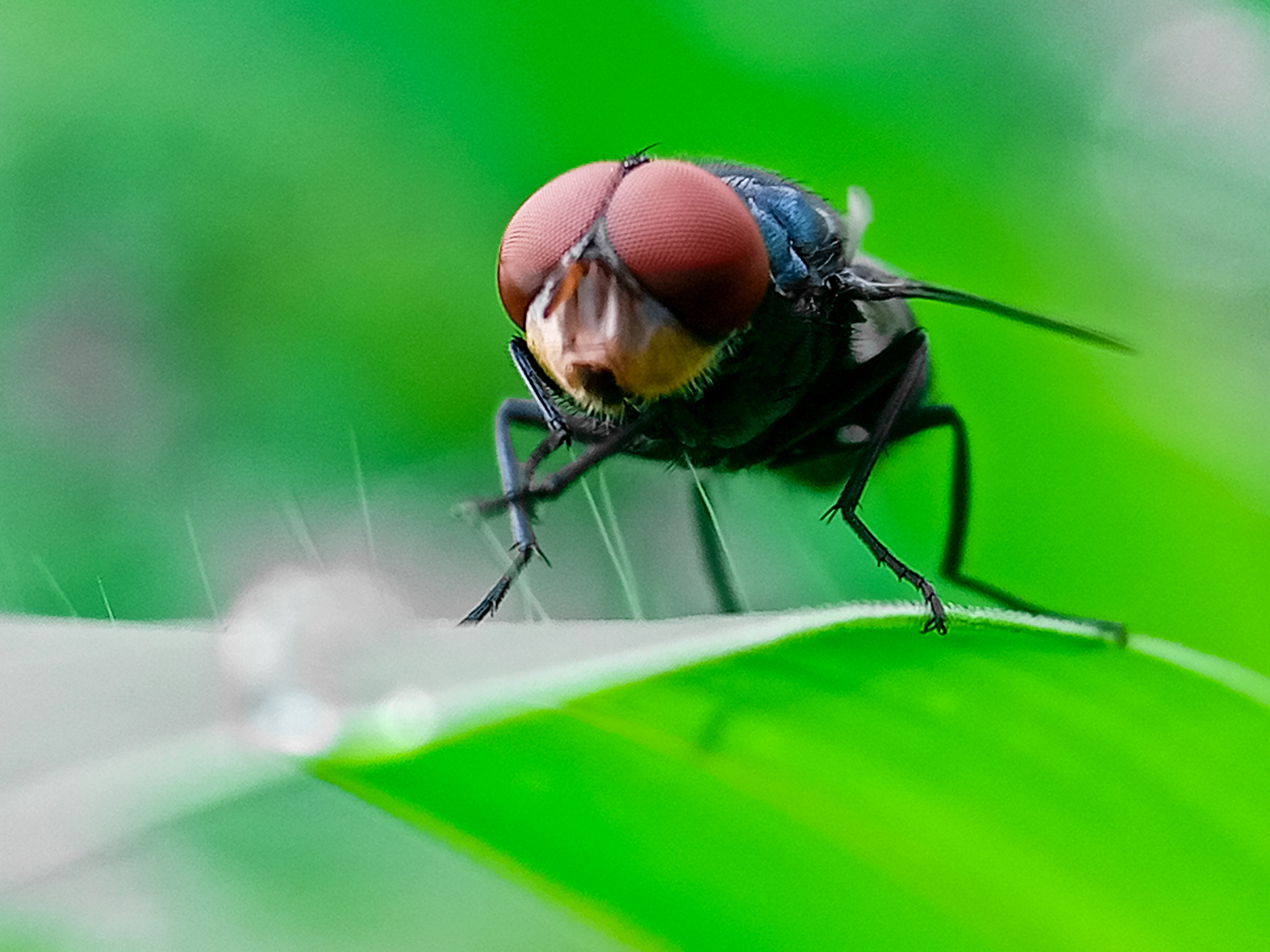
A flesh-eating parasite known as the New World screwworm has resurfaced, spreading from Mexico into the United States and threatening livestock, biodiversity, and public health. The parasite, eradicated in North America in the late 20th century, has returned due to illegal cattle trafficking from Panama through Central America. The U.S. Department of Agriculture (USDA) was alerted last month after infected livestock were discovered near the southern border.
Screwworm larvae are deposited near open wounds on animals and burrow into the skin, consuming the host from within. While primarily a threat to livestock, the parasite can also infect humans. Mexican authorities confirmed an infestation in a cow in Chiapas, near the Guatemala border, and experts warn the parasite has likely spread into the U.S., though the USDA has not disclosed specific cases.
The resurgence of the screwworm poses significant risks to the economy, agriculture, and public health. The U.S., Mexico, and Central America previously spent $800 million to eradicate the parasite, and its return could cost billions more. The disruption to cattle trade is also significant, with U.S. beef exports from Mexico valued at $3 billion annually.
The illegal cattle trade has been directly linked to the spread of the screwworm, as unsanitary conditions and untreated wounds create ideal environments for the parasite. The infestation has moved rapidly, covering 700 miles from Nicaragua to Mexico in just a few months. Mexico has implemented measures to combat the parasite, including larvicide baths, wound treatment, and additional inspection stations, but experts fear it may be too late to contain the spread.
The Wildlife Conservation Society (WCS) warns that without bold international action, the screwworm could cause devastating economic losses, wipe out livestock populations, and lead to a public health crisis. Experts caution that eradicating the parasite could take decades if immediate steps aren’t taken. The USDA has urged U.S. cattle producers to monitor livestock closely and report any suspicious cases, as efforts intensify to stop the parasite from taking hold in American agriculture.
Discover more from Baller Alert
Subscribe to get the latest posts sent to your email.